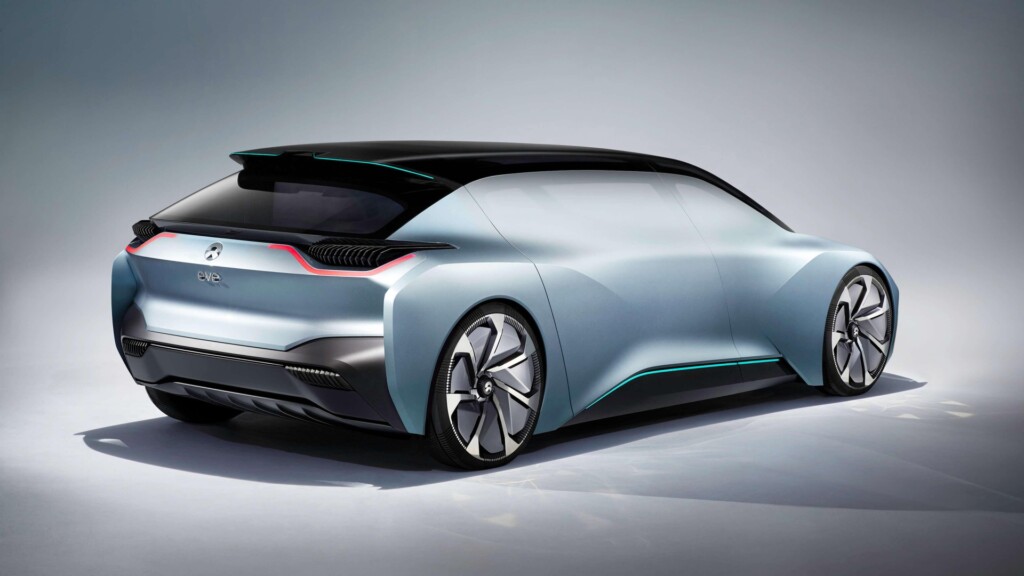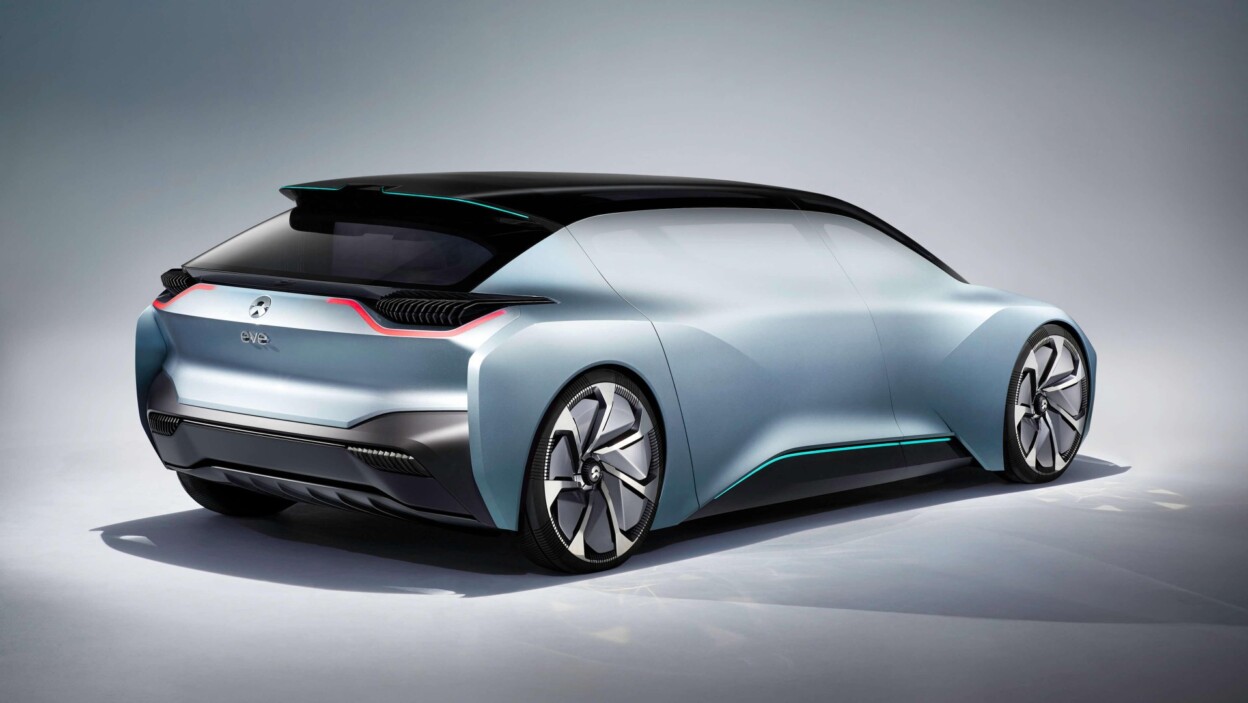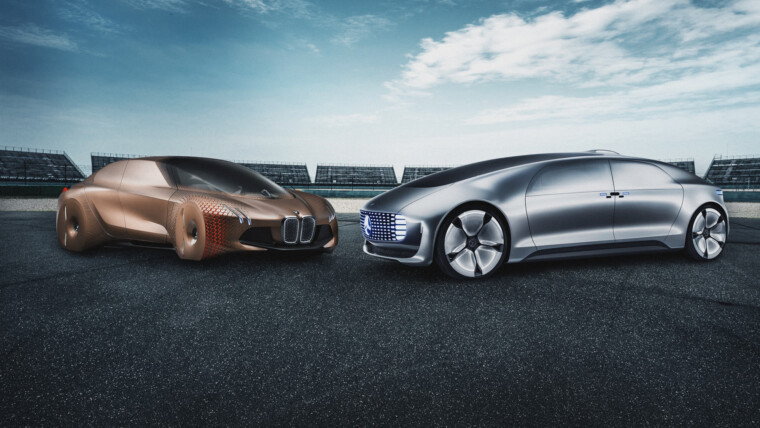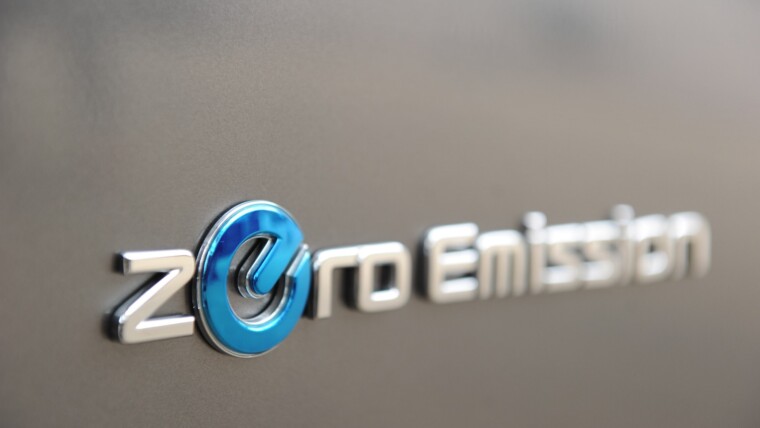At South by Southwest (SXSW), NIO (formerly known a NextEV), announced the EVE, their vision of future autonomous cars. NIO also targeted to have electric vehicles for the U.S. market in 2020.
“We’re excited about having autonomous electric cars for U.S. consumers in 2020,” stated Padmasree Warrior, US CEO. “Today we also unveiled our vision for the car of the future, focused on delivering unmatched user experience through leading edge, software defined hardware.” Warrior continued, “In 2015, commuters in the U.S. spent over 8 billion hours in their cars commuting. NIO’s autonomous electric cars will make your journey safe, productive and enjoyable. Our cars will be your companion and will know your needs, they will be a welcoming living space that moves you. We look forward to producing the first of the next generation of cars for the U.S. consumer. We know you will be delighted by NIO.”

The NIO EVE
As concept cars come and go, the NIO EVE arrives of similar fashion, sporting sleek lines which scream of graphical rendering. How much of it will be translated to an actual production car, we don’t know. NIO says its the perfect car for daily commutes and school runs. Powered by an artificial intelligence engine called NOMI, NOMI uses the vehicle’s active glass to provide an augmented vision for occupants and for new kinds of entertainment.

So you might notice that there aren’t any pillars in the image above as the car uses optimised door cuts which slide forward for user access. You can clear clearly see that this vehicle has been designed purely for autonomous driving in mind.

Partnerships
Padmasree Warrior also announced that NIO in the United States is partnering with Mobileye, NVIDIA and NXP. Mobile Eye’s technology focuses on vision technology for Advanced Driver Assistance Systems whilst NVIDIA, the same makers of graphics cards for computers focuses on AI computing for the automotive industry through their AI computing architecture.
NextEV
NIO or formerly known as NextEV was dubbed as China’s answer to Tesla. A couple of years back, they even received investments from famous Silicon Valley investment firms, such as Sequoia Capital.
Other posts by Mark Leo






